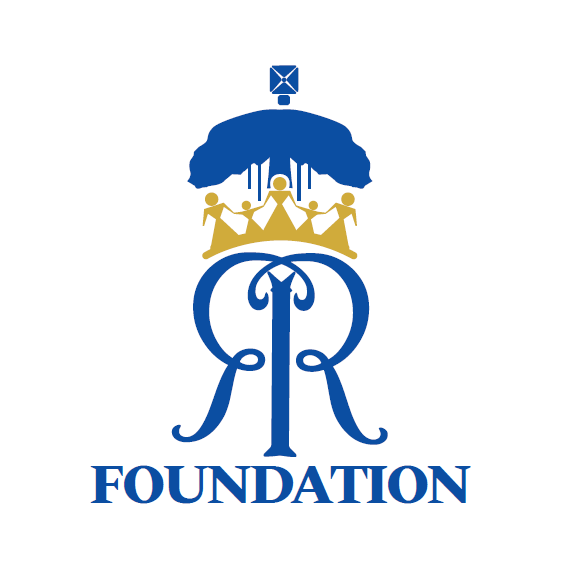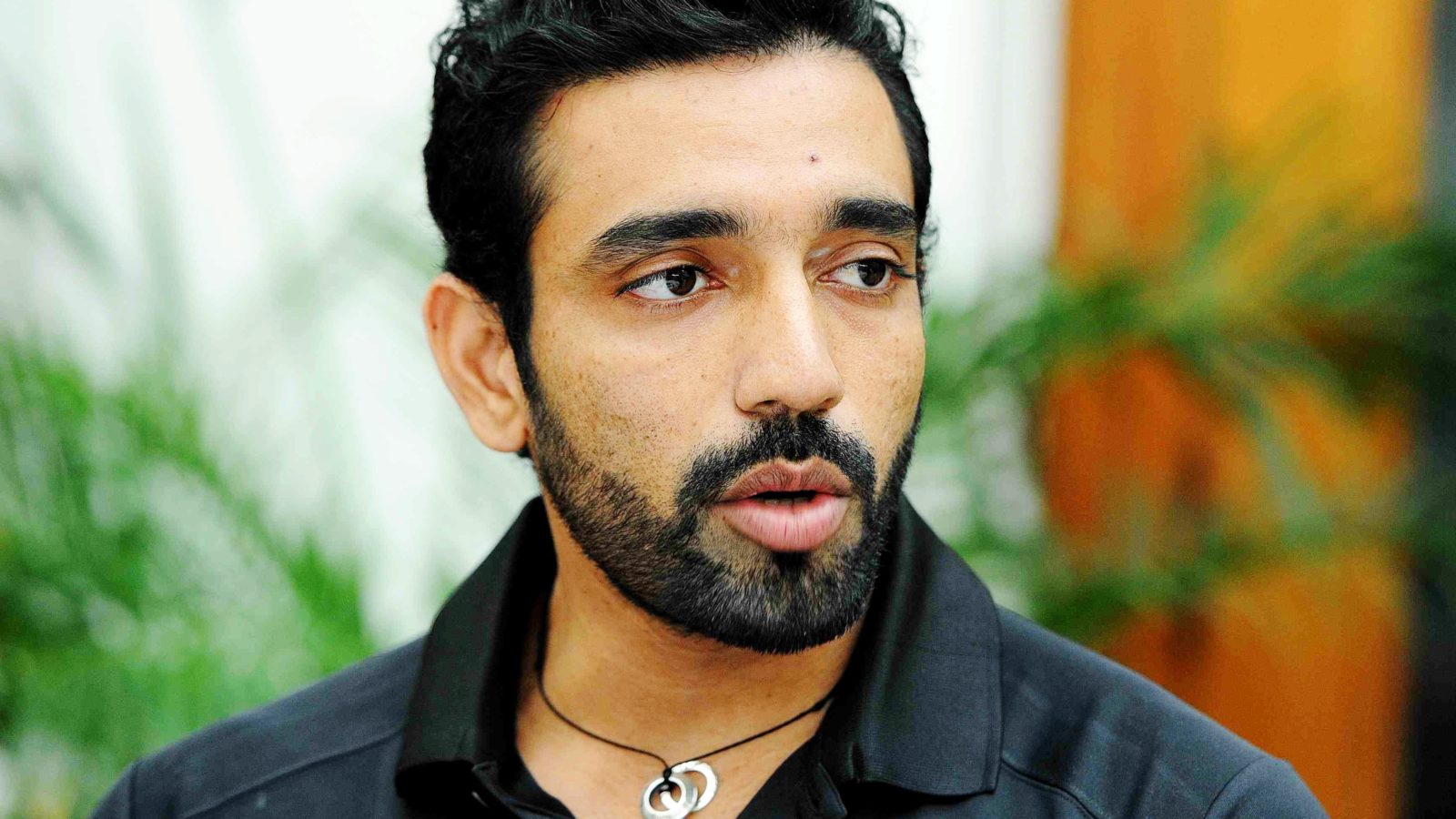Mental Health has seen a positive boost with sports personalities joining hands with medical experts of late. Continuing the Royal Conversations, the Royal Rajasthan Foundation, the philanthropic arm of Rajasthan Royals, McLean Hospital (Harvard Medical School Affiliate), and the NS Vahia Foundation were joined by Indian batting stalwart Robin Uthappa this week in the webinar series on “Mind, Body & Soul”. In the second live session, Uthappa was joined by John Gloster, Adriana Bobinchock and Dr Akanksha Rathi Maheshwari.
The conversation revolved around the power of positivity and kindness, and how they can be our strongest weapons in these trying times. Excerpts from the conversation:
Everyone grapples with mental health issues some of the times
Uthappa opened up about his darkest moments. “Sometimes as cricketers we are not able to get the desired results no matter what we’re doing or how hard we’re trying.”
I didn’t make it to the Indian team in 2014 because I was innately not happy with something.
“In 2014, I was with the India A side as captain in Australia and if that tournament had gone well, I would have probably made it to the Indian side then. But for some reason there, no matter what I did or how hard I worked in the nets, I was just not able to score a run off my bat. I would spend hours in the nets to get it right but that would just not happen. It was in hindsight after the tournament that I realised that innately I wasn’t happy and I was not addressing what was going on inside of me. Some part of me was actually not willing to accept that I had a problem with myself and I think a lot of athletes actually do experience that during competitions.”
“And it’s not good, it hampers your game and does not help in the short or long term. One thing I learnt was that you need to be aware of yourself and that something’s wrong with you and that you need to accept that something is wrong with you. I think sometimes we don’t accept the wrong and are unwilling to do so and it is really important to have the acknowledgement. The unwillingness to accept is the number one issue and especially for men, who find it difficult to accept their mental issues.”
Role of kindness in boosting self-esteem
Showing compassion and kindness help in keeping you physically happy and improve your self-esteem
“It is a two-way exercise,” said Gloster. “It helps in improving the mental health of the person giving as well as the person receiving. It’s a key to understanding mental health, compassion and kindness equate to happiness and that is the important link.”
He went on to talk about ways of improving “the happiness index”, whether at home or the workplace, at school or in sports. “It has enormous value in mental health, productivity, social harmony, inclusion and acceptance. It is all about the chemicals, there are physical responses in the body to compassion and kindness. It releases oxytocin, which spurs the feel-good hormone, which in turns helps in maintaining our blood pressure and our gut health. Oxytocin also helps in increasing our self-esteem and helps in increasing positivity.”
It is important to know you need help
I had suicidal thoughts; felt like jumping off my balcony”
“When I made my debut in 2006, I wasn’t overtly aware of myself. A lot of learning and development has happened since then. Right now, I am extremely aware of myself and really clear in my thoughts and myself. It’s easier for me to catch myself now if I’m slipping somewhere in someplace. I feel I’ve reached this place because I’ve gone through those tough phases wherein I was clinically depressed and had suicidal thoughts.”
“I remember around 2009 to 2011, it was constant and I would deal with that on a daily basis. There were times where I wasn’t even thinking about cricket, it was probably the farthest thing in my mind. I was thinking about how I would survive this day and move on to the next, what’s happening to my life and in which direction am I heading?”
“Cricket kept my mind off of these thoughts but it became really difficult on non-match days and during the offseason. On (some) days I would just be sitting there and would think to myself on the count of three, I’m going to run and jump off of the balcony but something kind of just held me back. That is when I started noting this down about myself in a diary and started the process of just understanding myself as a person. I then started to seek outside help to make those changes I wanted to make in my life.”
I have no regret in my life with the experiences I’ve had
You appreciate the good in life because of the bad
The discussion delved deeper into the need for this kind of conversation. Uthappa further added, “I feel sometimes being negative is necessary. I’m someone who believes in the balance of life and I believe one cannot at all times be positive in life. Being negative or having negative experiences, going through trials and tribulations is sometimes necessary for one’s own growth. For me, all my experiences have moulded me into the person I am today and I have no regrets on my negative experience as they’ve helped me develop positively. You need to go through the lulls to make you feel ecstatic about the positives. I feel life is about balance and we can’t have it one way, a lopsided life is not going to be great, both negative and positive experiences are essential.”
Cricket then and now
Dressing room environment has changed; cricket lot more competitive now than 10 years ago
Speaking of how cricket today is different from the game a decade ago, Uthappa said: “I think the dressing room environment has changed owing to the many T20 leagues that have come up around the world. Cricket was a much more simple game 10 years ago. It’s very different and competitive now. It’s fun along with being competitive, you know it comes with its positives and negatives.”
“Sometimes with the tournaments, we have and within the time-space, it’s difficult to build personal relationships especially with the people you feel you can hit it off with. It has become hard to keep in touch with people from all around the world so it is challenging in that sense. Mentally though it’s something that keeps you alive and keeps you sharp.”
(You can find the first conversation with former Indian captain Rahul Dravid here)


